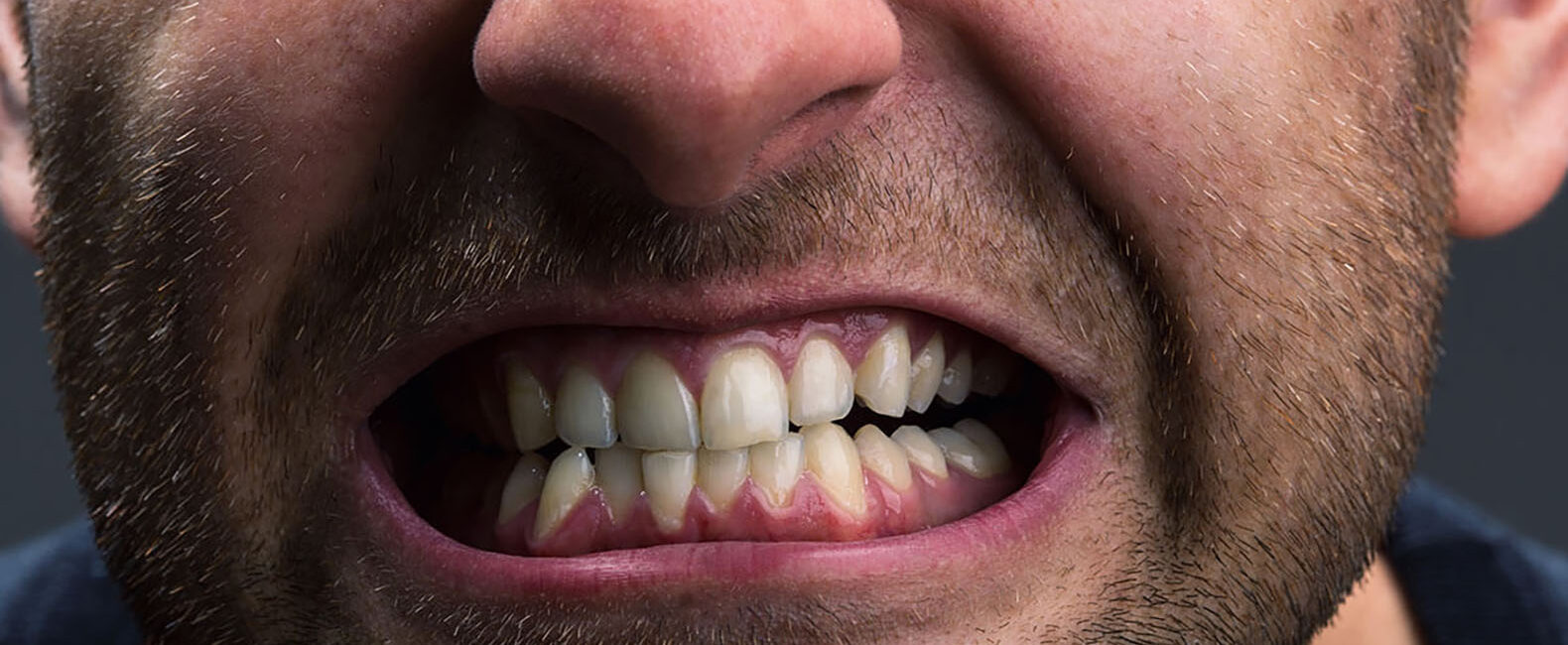
As the pandemic continues to bring disruption, isolation and uncertainties, it has taken a toll on the mental and physical health of most people. According to experts, the fear, stress and emotions that come with these aspects are overworking the part of the brain which is responsible for regulating emotions. The brain responds through increased heart rate, sweaty palms, jaws clenching and teeth grinding. Dentists have raised their concerns about the high number of patients who claim to have developed the teeth grinding problem over the pandemic period.
Today, people are experiencing a lot of stress because of the overwhelming emotions, uncertainty, doubts, while others are not able to cope with the changing conditions. There are various causes of bruxism and stress is one of them. However, bruxism can be significantly reduced with antidepressants and other medications for mental issues related to stress. Even though the causes of bruxism are far-wide recognized, doctors say that it is related to sleep patterns and the changes in the nervous system. Some risk factors that accelerate bruxism include stress, excess use of alcohol and anxiety and these things have increased over the past two years.
Stress is not causing teeth grinding only when people are asleep. According to many patients, the condition also happens during daytime while driving, working or doing what they do. The problem with teeth grinding is that it destroys teeth surfaces, which leads to gum disease or cavities.
Is Post-pandemic Stress Affecting Teeth?
Yes, teeth are major victims of post-pandemic stress. As days go by, people are unloading their daily pressure and stress on their teeth while asleep and even awake. Bruxism from stress and anxiety has increased, putting people at risk of developing cavities and gum disease. When a person bruxes often, the main symptom is jaw pain. Others include headaches, problem eating, sensitivity and ear pain. The condition could be severe such that it causes cracking of teeth.
Treating Bruxism After the Pandemic
It is ironical that some medications meant to stop teeth grinding and jaw clenching are also causing bruxism at night. Therefore, it is vital to speak with the doctor about the best medication option.
According to doctors, finding the underlying cause of bruxism is the beginning to treating it. The buzz on social media has also provided opportunities for doctors to find remedies and spread awareness of bruxism. The main point is that since stress and anxiety are the main causes of bruxism at this point, reducing them is the best remedy. Medication, therapy, and oral devices like mouthguard will help combat this problem as people adjust after the pandemic.
If bruxism happens at night, wearing a mouthguard protects the teeth. If it happens during the day, doctors recommend developing awareness of the habit and finding ways to avoid it. Paying attention to the things that increase nervousness can help stop bruxing. People can also use apps that remind them to not clench their jaws or grind their teeth.
Conclusion
There are many people with bruxism due to post-pandemic stress. This condition has become rampant because the brain is finding a way to cope with the stress and anxiety. Unfortunately, bruxing is taking a toll on the teeth, increasing the chances or cracking, cavities and gum disease. Dentists recommend keeping up with health and finding remedies for bruxism like medication, preventive devices and stress-coping mechanisms.


